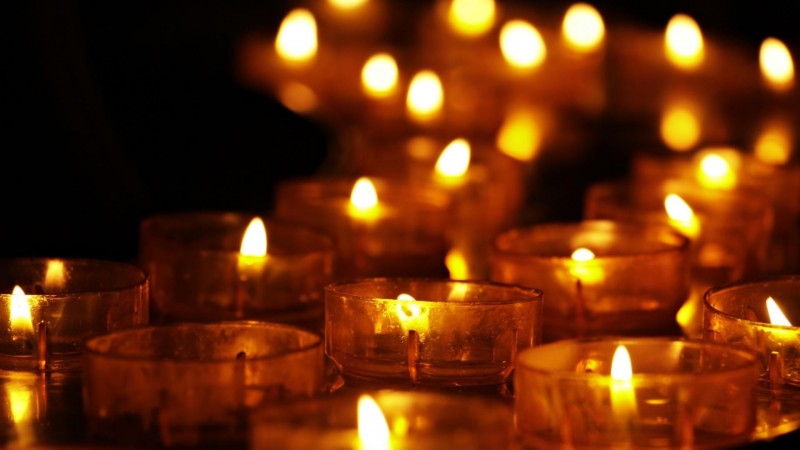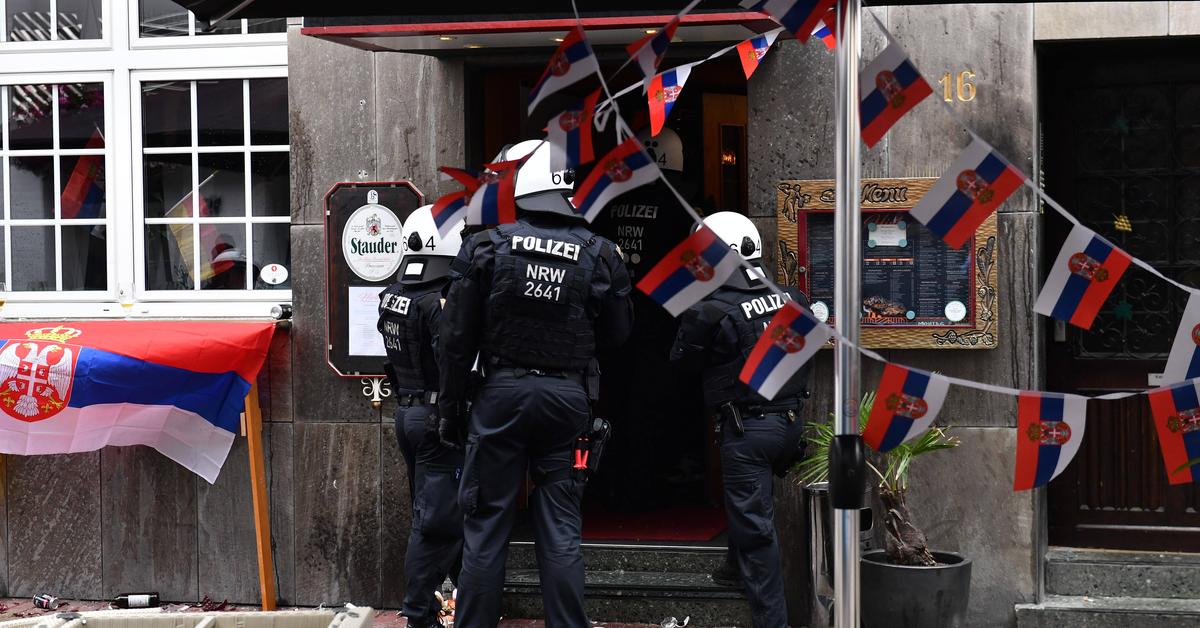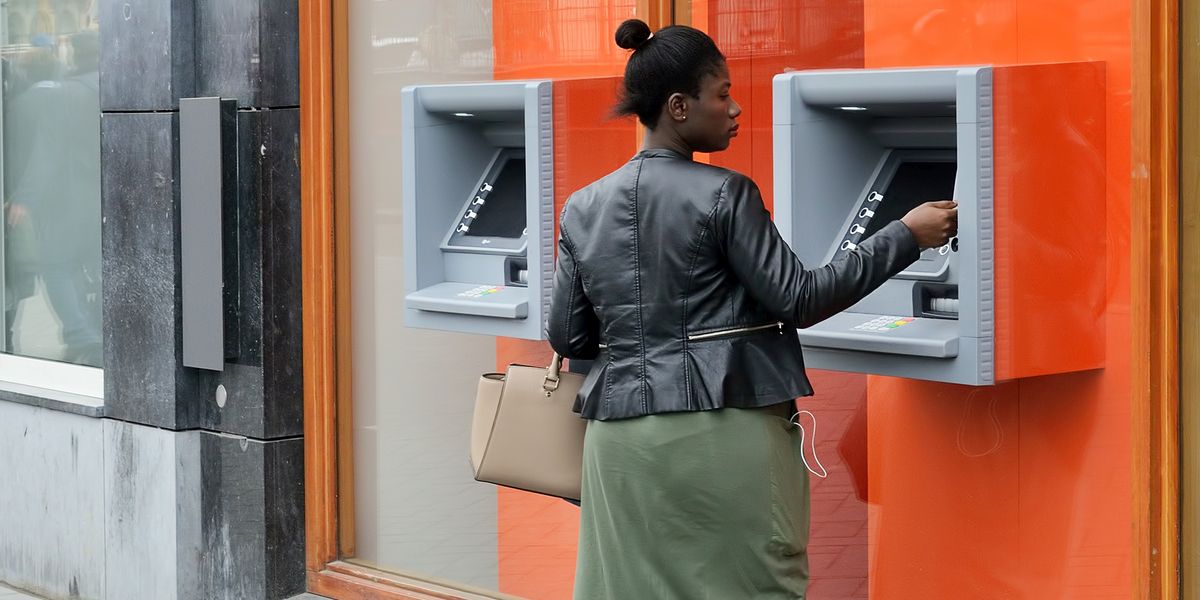#colonial #roots #genocide #Rwanda
The genocide in Rwanda was thirty years ago. On this occasion, Deutsche Welle offers you “Reconquering History”, a documentary series in seven episodes to better understand the colonial roots of the genocide against the Tutsi, and the origins of the division within Rwandan society .
The filmmaker Samuel Ishimwe, who himself lost his parents and part of his family, went into the field to meet witnesses and historians.
“What was our identity before the Germans and Belgians came to colonize Rwanda? Who divided us into Tutsis, Hutus and Twas? Ourselves, or colonialism?”asks the director, while traveling his country but also Europe, meeting witnesses and historians.
In this photo, only two people survived the genocide Image: Samuel Ishimwe/DW
It dissects the appearance of the so-called “ethnicity” in the vocabulary, the meaning of the words Tutsi, Hutu and Twa.
Samuel Ishimwe returns with survivors to the scene, now haunted by the massacres, or by the division within Rwandan society. Like in this school, attended by his family.
“At school, we were taught that the Hutu had been oppressed by the Tutsi empire, says Samuel’s uncle. We were only two Tutsi in the class. We were beaten very violently. We were beaten for no apparent reason, or they made up a reason.”
Samuel Ishimwe was ten years old when his parents’ bodies were exhumed. “It’s very difficult to explain to someone who doesn’t come from Rwanda. It was something very normal. It wasn’t a special event. People weren’t crying. It was a moment of my life as a child,” he explains.
The filmmaker runs through the documentary with this essential question: could we have avoided this genocide? He asks Lieutenant General Roméo Dallaire, former force commander of the United Nations mission for Rwanda.
Three months before the genocide, he had alerted the UN headquarters to what was being prepared. His calls went unanswered.
“It is undeniable that I left with the conviction that all human beings were not treated equally. We had sent 67,000 soldiers to Yugoslavia. At the end of the race, I could not even keep the 450 men I had. I never got the troops I needed.” castigates Roméo Dallaire.
Episodes of the documentary are being published gradually, notably on the DW Africa YouTube channelImage: Matthias Frickel/DW
The testimonies you will hear in this documentary are powerful, dramatic, moving, and often filled with humanity.
“We have forgiven those who destroyed our homes. We have decided to forgive them, so that our hearts will be at peace, and we can continue to live”confides Samuel’s uncle.










